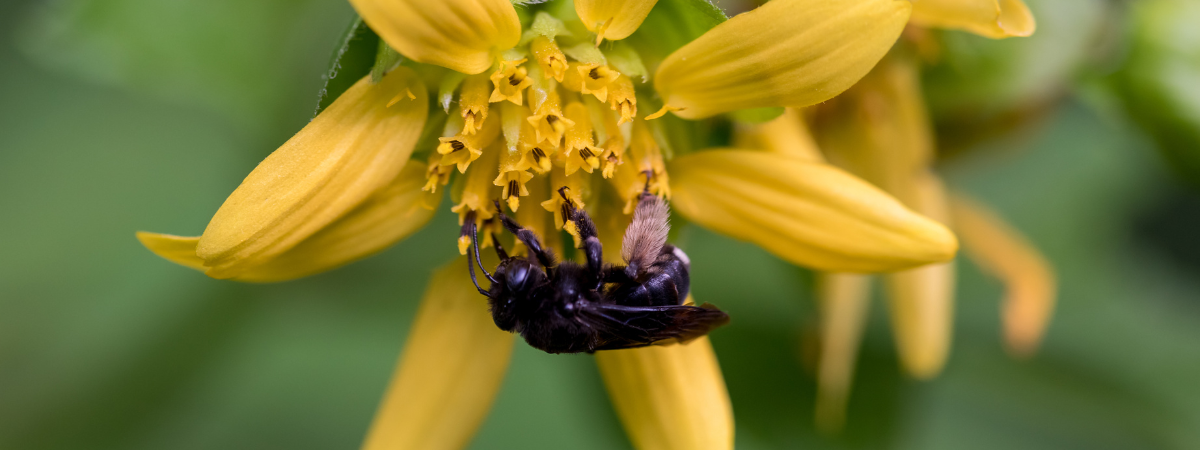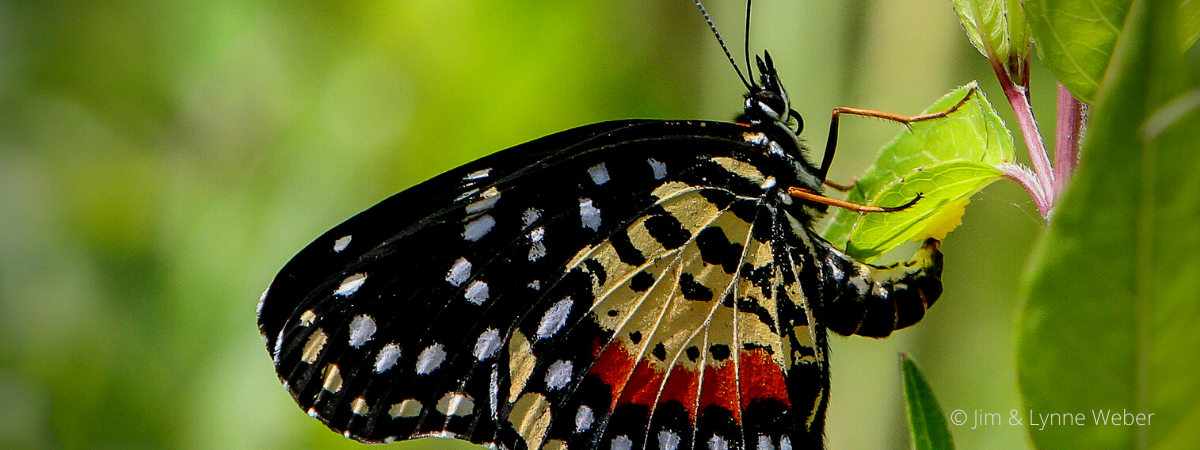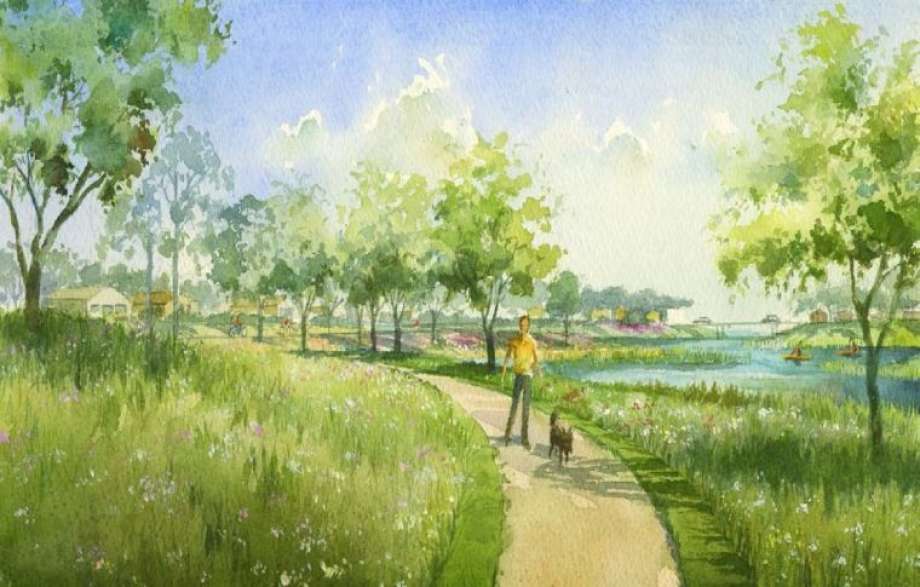May 8, 2023
Mark de Kiewiet shares his practical research on how we can mitigate the declining bee and pollinator populations, considering both managed and native bees. He also draws from the work of over 2,000 natural beekeepers in the USA and studies conducted in the 1970s. More recently, Mark has been monitoring the impact of climate on both bees and the plants they pollinate. Should we be doing something about this? Combining his Master Naturalist, Master Beekeeper, and native plant knowledge, he has been able to keep the Texas feral bee without the losses reported by others. In his presentation, Mark discusses the Africanization of bees, gardening for pollinators, fascinating aspects of bee biology, and the medical applications of hive products.
About the Speaker
Mark de Kiewiet, a native of South Africa, graduated with engineering and technical management degrees. Although a metallurgist by training, he studied engineering systems and product life cycle issues. His hobbies included hiking, game ranging, and natural beekeeping. He is currently living in Schertz, Texas, with his family.
Hosted by Environmental Institute of Houston, University of Houston-Clear Lake
Related Posts

Chapter Meeting: Houston, we have a solution!
Mark de Kiewiet shares his practical research on how we can mitigate the declining bee and pollinator populations, considering both managed and native bees.

Chapter Meeting: Native Host Plants for Butterflies and Moths
This talk will leave you with the knowledge and resources needed to encourage and appreciate a wider diversity of caterpillars, butterflies, and moths in a Texas native plant garden.

Wetland Plants at Work: Exploration Green
Mary Carol Edwards, stormwater wetland program specialist for the Texas Coastal Watershed Program covered the progress at Exploration Green in Clear Lake.


